
Annual Review 2020
International
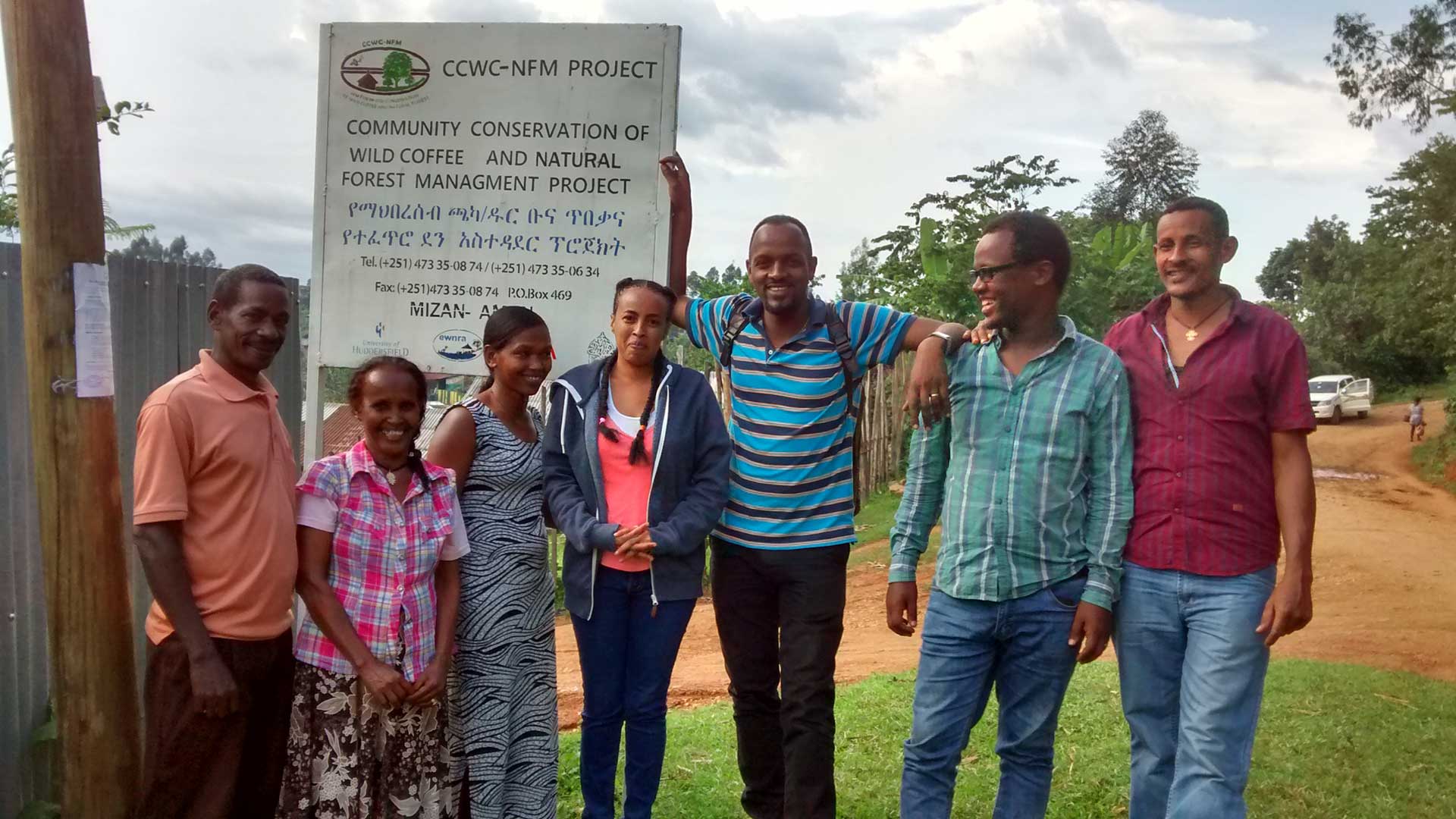
Preserving Ethiopia’s coffee
The University is helping rural communities in Ethiopia preserve the original source of coffee while making a sustainable living.
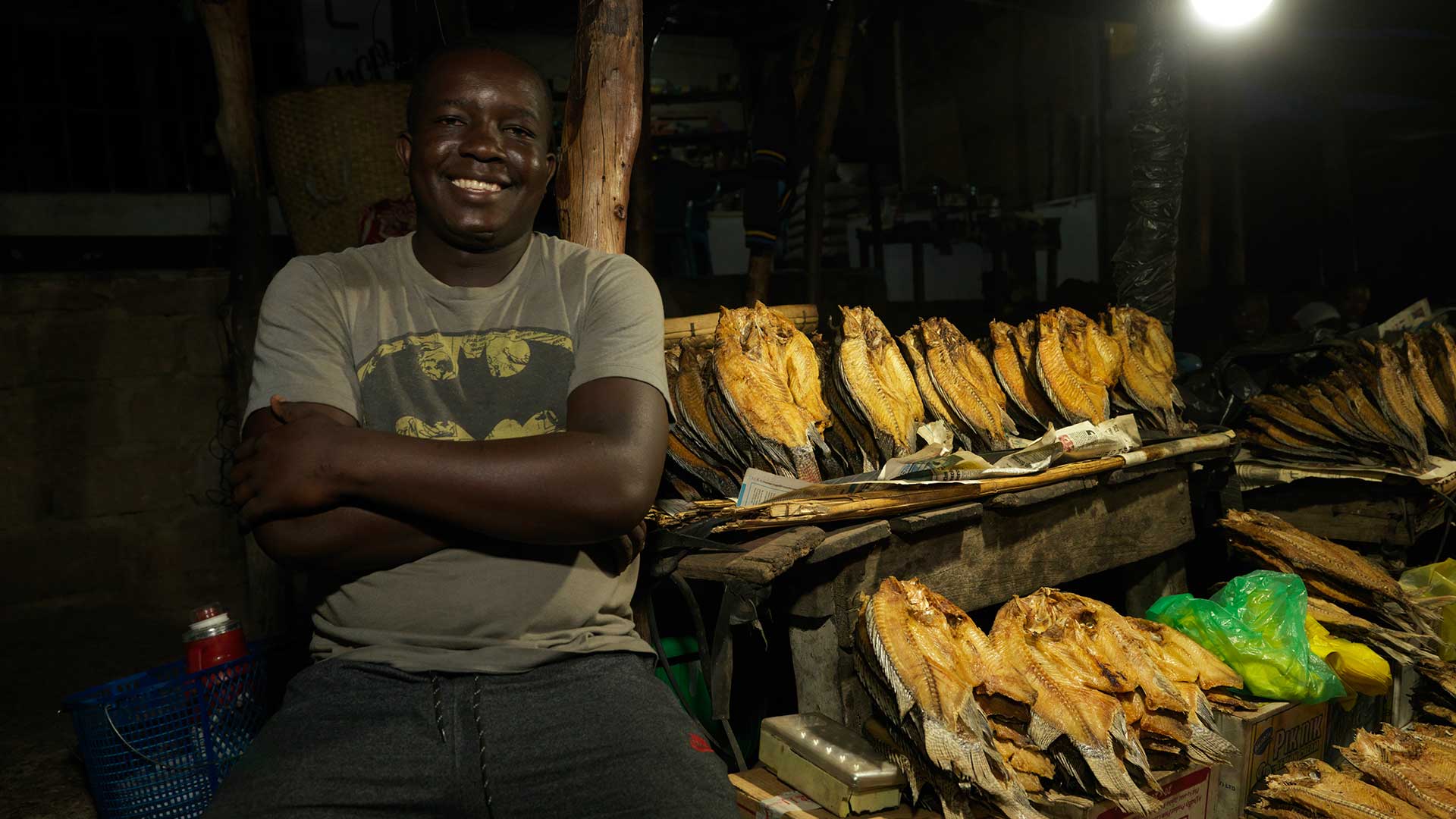
Charting progress on clean power across Africa
Matthew Snell's doctoral research is investigating an innovative social enterprise that aims to spread technology which provides lighting and power.
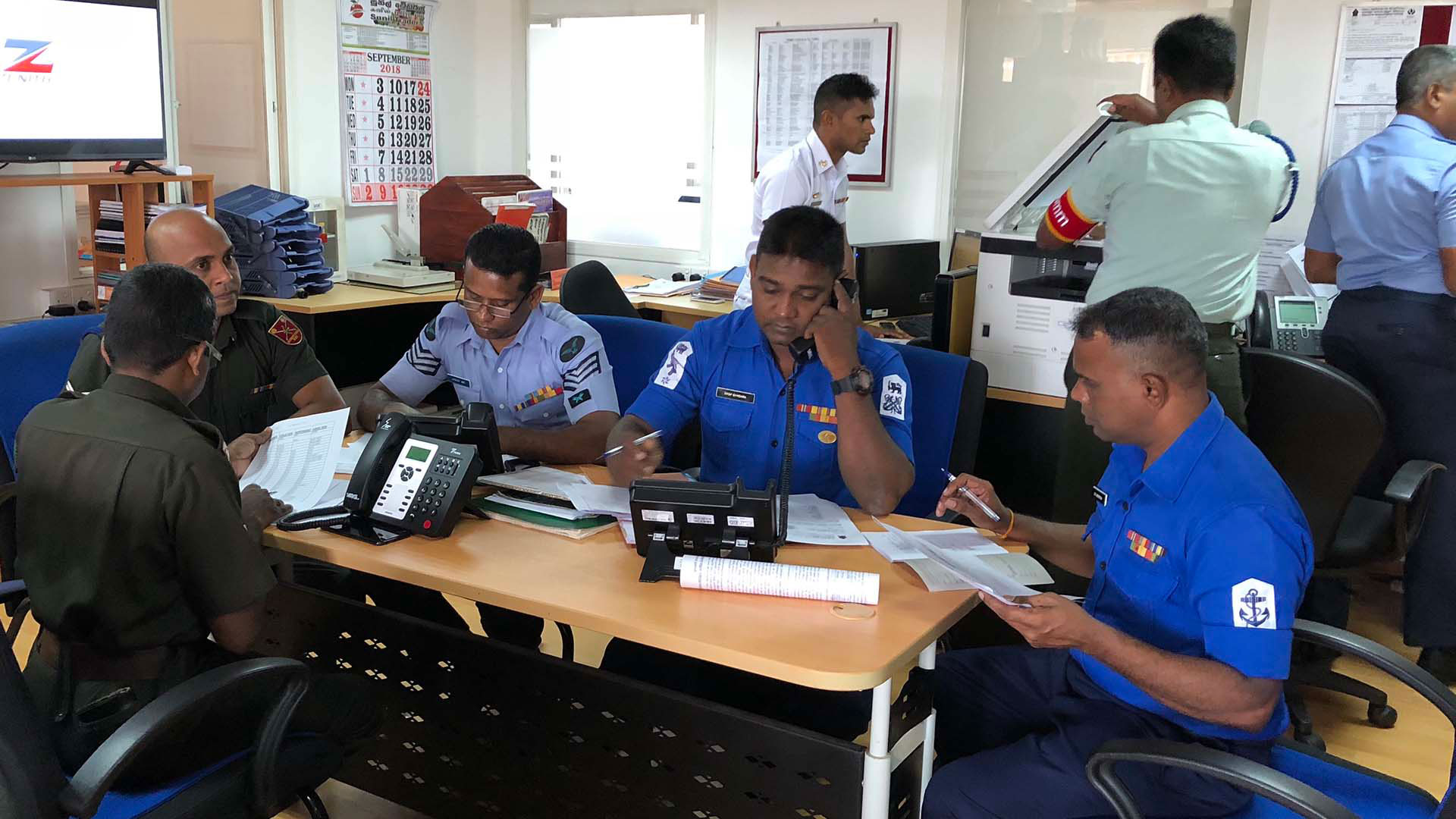
GDRC wins Newton Fund award for pandemic planning
The Global Disaster Resilience Centre (GDRC) is bringing its expertise to bear in a project to help disadvantaged countries prepare for pandemics.
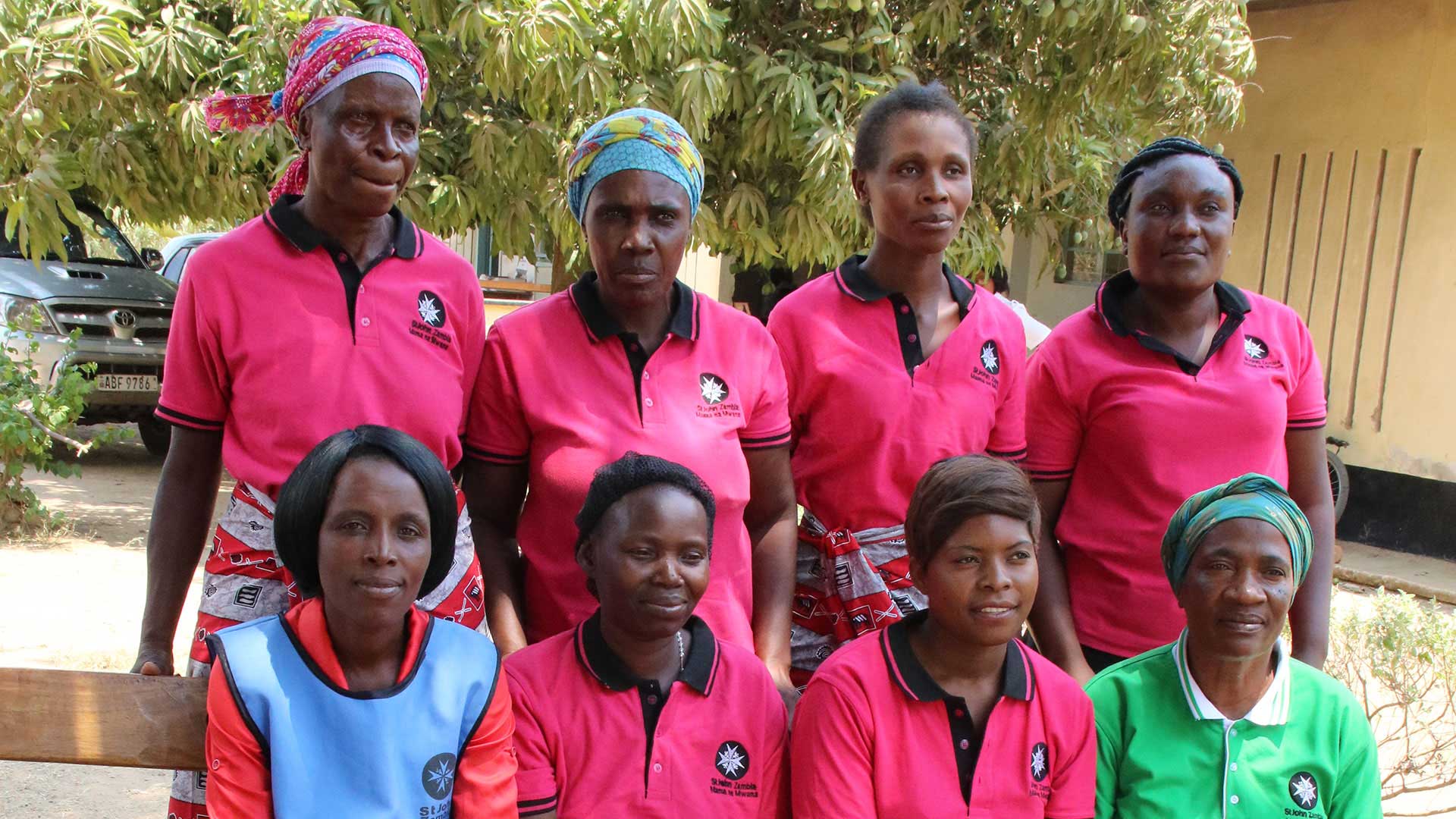
Life-Saving Lullabies spread COVID health warnings
Researchers are harnessing the power of song to spread vital healthcare messages – including COVID-19 precautions – among African women.
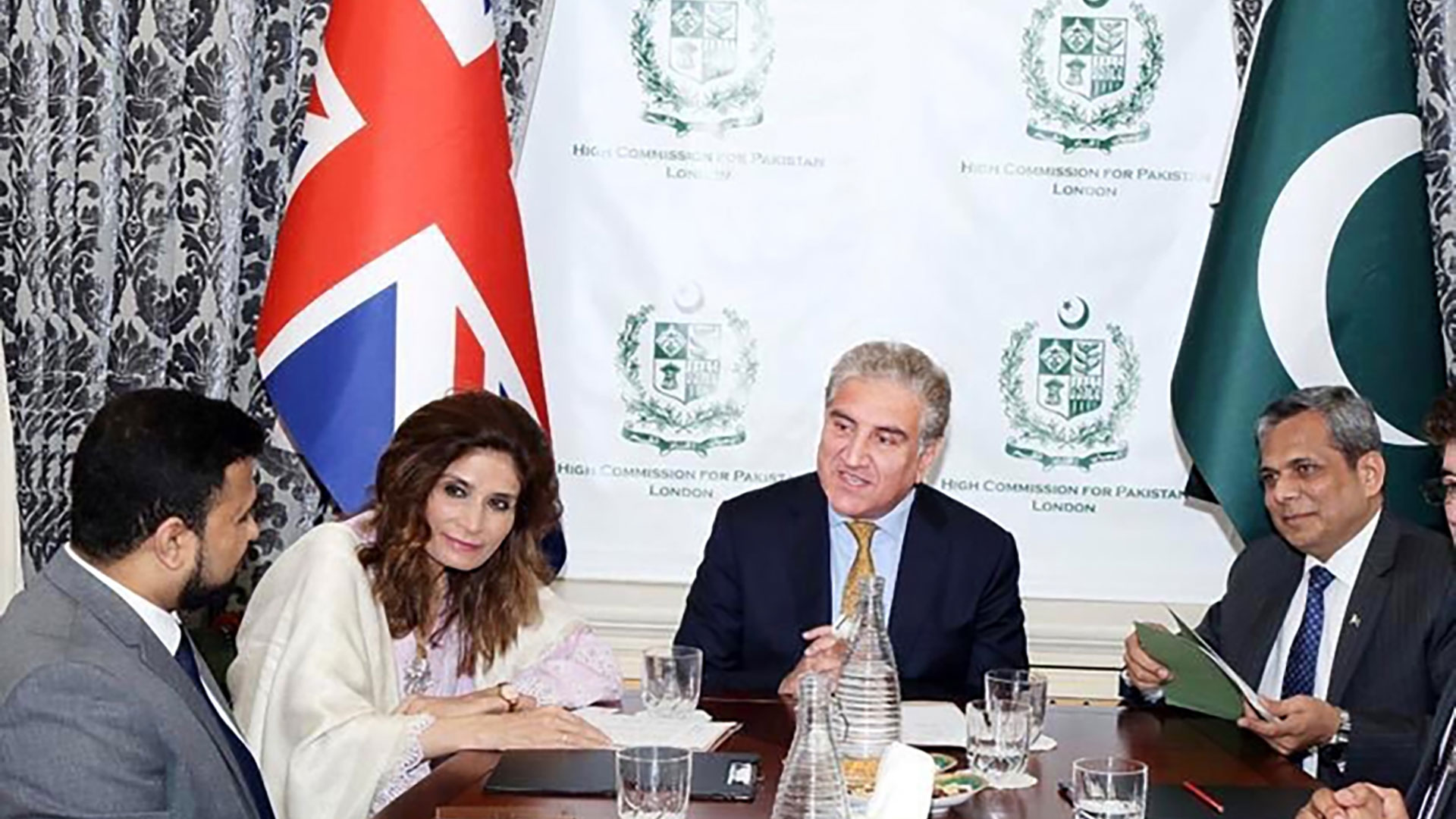
Strategic research partnership with Pakistan
A fresh, clean water supply will be a reality in Pakistan in an international partnership spearheaded by the Pakistan government and driven by the University.

Preserving Ethiopia’s coffee and forests for a sustainable future
Ethiopia is the only place in the world where coffee grows wild, protected by the canopy of the mountain forests of a region close to the border with South Sudan. The coffee plant originates here and Ethiopia’s wild forest coffee plants are a gene bank for the world, also provide while also providing a valuable income for local farmers.
However, with deforestation and land degradation threatening livelihoods and coffee’s origins, the University’s Professor Adrian Wood and colleagues have designed a long-term project to improve prospects for the future via a sustainable development initiative. Professor Wood – a member of the Centre for Sustainability, Responsibility, Governance and Ethics – has been visiting and working in Ethiopia since 1973, linking field research to teaching and advisory support for NGOs and government agencies. His work on the five-year Community Conservation of Wild Coffee and Natural Forest (CCWCNF) project is funded by UK and US charities with additional support from the University. This project follows others working on Participatory Forest Management (PFM) that he has run from 2003 onwards, funded by more than £5m from the European Union.
Key to the University’s work is the partnership with the Ethio-Wetlands and Natural Resources Association (EWNRA), a not-for-profit civil society organisation whose mission is creating productive ecosystems that improve living standards for local people and conserve biodiversity. Formed in 2000 with support from a previous University of Huddersfield project, it has grown from just two employees and a motorbike, to now having a workforce of almost 200.
Wild coffee shrubs grow in the shade provided by the forests of the south-west highlands, but deforestation and a short-term approach to managing the land put this under threat and in forest areas where arabica cannot be grown alternative sources of income have emerged from a range of non-timber forest products (NTFPs) such as wild honey, Ethiopian cardamom and the spice known as long pepper. The work on these non-coffee forest products is funded by DEFRA and DFID via the UK government’s Darwin Initiative, whose grant of £374k provides another approach to helping Ethiopian communities use their forests to build a stable and resilient local economy. But despite the success in cultivating and growing wild coffee, the Afromontane forests of south west Ethiopia remain vulnerable. Managing the forest for coffee has changed the tree canopy, with other plants and tree seedlings at a lower level removed to grow arabica. The cost has been that new trees struggle to grow in the altered forest floor environment. This hidden degradation was identified by Dr Kitessa Hundera of Jimma University in Ethiopia, in conjunction with Dr Byongjun (Phil) Hwang also from the University of Huddersfield, who used advanced satellite technology to track the developments that, over time, can be used to track changes in the forest. Funding from the University of Huddersfield will now enable the development of 3D maps of the forest. These will provide a more objective method for estimating the numbers of coffee bushes without the need for counting on the ground. Solutions are now being sought through the partnership with Jimma University that Huddersfield has developed.
Read full story

Charting progress to bring clean, reliable power across Africa
Small, affordable solar technology can provide clean, reliable power to the 600 million Africans who live without access to electricity. As part of Matthew Snell's doctoral research at the University, he is investigating an innovative social enterprise that aims to spread the technology which provides lighting and can power up mobile phones, laptops and other devices with the distribution of ‘pico solar’ products. These have a power output that is less than 10 watts, using photovoltaic cells to generate electricity from sunlight.
The social enterprise is Sunny Money, established in 2008 by the NGO Solar Aid. Currently working in Uganda, Malawi and Zambia, it has developed various methods to distribute pico solar product to Africans who have no grid-based source of electricity, meaning that they resort to candles, kerosene, wood, torches and car batteries to generate light and heat. As pico solar technology has developed, so have the business models adopted by Sunny Money and Mr Snell has been monitoring this evolutionary process – for example agents who supplement their income by distributing pico solar products, and community health workers who distribute medical supplies including solar lighting equipment – for his PhD thesis, due for completion in 2022.
Read full story

GDRC wins Newton Fund award for pandemic planning projects
The University’s Global Disaster Resilience Centre (GDRC) is bringing its expertise to bear in a project to help disadvantaged countries prepare for pandemics.
The project – “Improving COVID-19 and pandemic preparedness and response through a multi-hazard early warning system” – builds upon award-winning work around preparing for and dealing with tsunamis in Sri Lanka and the Indian Ocean region by the Huddersfield team.
The research will help Sri Lanka and the wider region to better prepare, respond and recover from disruptions caused by pandemic threats. The study results will influence the IOC-UNESCO ICG/IOTWMS Intergovernmental Oceanographic Commission of UNESCO, Intergovernmental Coordination Group for the Indian Ocean Tsunami Warning and Mitigation System, on approaches to assessing tsunami hazard preparedness and priorities for capacity development of member states.
The project will see researchers and experts from the UK and across developing countries working in partnership to directly address the negative impacts of COVID-19 on communities which are already vulnerable due to long-term conflict, food and water shortages and crowded living conditions. These awards are the first tranche to be announced by UKRI funded through the GCRF and the Newton Fund.
Read full story

Life-Saving Lullabies spread health warnings against COVID-19s
Researchers are harnessing the power of song to spread vital healthcare messages – including COVID-19 precautions – among African women. The project – titled Life-Saving Lullabies – has earned major funding from Britain’s Arts and Humanities Research Council (AHRC). It is focussed on Zambia, but when it has proved its value it could spread to other African countries and then around the world, as a zero-cost way to create awareness of key health issues.
It works by encouraging volunteers to create lively lullabies in their local languages that they then perform to women who visit maternity clinics. The songs are a memorable way to convey important information about birth and childcare, but the onset of coronavirus now means that songs are now being created that relay the importance of precautions, such as social distancing.
The Life Saving Lullabies project has been developed by the educationalist Dr James Reid and the historian Professor Barry Doyle. They are collaborating with the design expert Professor David Swann, once a colleague at Huddersfield and now based at Sheffield Hallam University. The UK team – awarded £129,795 by the AHRC – is working alongside St John Zambia, a leading healthcare provider in the African country.
Originally, their aim was to investigate whether the Finnish baby box – a maternity package given to all new parents in Finland, contributing to very low levels of infant mortality – could have a role in Sub-Saharan Africa. But it was quickly realised that the cost of the baby boxes meant that they would not be a solution in Zambian villages. “Also, they are culturally inappropriate,” said Dr Reid. “We showed women photos and the first thing they saw was a baby-sized coffin. There is a very high rate of infant mortality, especially in rural areas of Zambia.”
So the researchers investigated the possibility of incorporating verbal and pictorial healthcare messages into the chitenge, the colourful wrap that is worn by huge numbers of African women.
“But then it struck us that even though chitenge were ubiquitous, not everybody could afford them and we had to do something that was as close as possible to zero cost if the project was to gain traction and be sustainable,” said Dr Reid.
“We were at St John Zambia for a workshop talking to women volunteers about their own experience of motherhood. Then they started to sing and we looked at each other and went ‘that’s it’!”
Dr Reid said that he and his colleagues had been “overwhelmed” by how volunteers and maternity clinics in Zambia responded to the project. “These women are so talented. They have gone away and written songs and performed them to local women and it’s having an effect,” he said.
Earlier, Dr Reid had been to New York, where the famous venue Carnegie Hall is the base for a Lullaby Project, which uses especially composed songs to develop attachment and aid child development. Observing this scheme made him realise the potential of lullabies in Zambia, where it is common for women to sing to their children and as part of church worship.
Now, the project is underway and volunteers in Zambian clinics, after being told what information the Ministry of Health needs to impart, have been creating and performing songs. They can be seen and heard online and researchers will gauge their impact.
The AHRC funding runs until March, but the project could be extended and at the conclusion there will be a symposium in Zambia, and the possibility of spreading the scheme to other African countries. Carnegie Hall in New York has now invited the Life Saving Lullabies team to take part in a two-day workshop in June as part of their review of its own Lullaby Project. There has also been received an invitation from Spanish organisation Grandes Oyentes to take part in an online discussion on the impact of music and creative engagement on women’s health as they plan to introduce a lullaby project in Spain.
Read full story

Strategic research partnership with Pakistan
A fresh, clean water supply will be a reality in Pakistan, particularly in South Punjab, following the announcement of an international partnership spearheaded by the Pakistan government, alongside other key stakeholders, and driven by the University.
The initiative, led by Senior Research Fellow Dr Muhammad Usman Ghori, will transform the water supplies in the region into affordable drinking water for the benefit of the whole population and also will provide a sustainable option of raw material to fabricate healthcare products.
It is an initiative that is much needed by a considerable population of Pakistan. In a recent study, the Pakistan Council of Research in Water Resources (PCRWR) found that a sizeable portion of the supplied water was not suitable for human consumption. The contaminated water was contributing to a significant number of deaths every year and a large part of Pakistan’s GDP was spent on health care of people who suffer from water borne diseases.
However, a solution to providing a clean water supply is present in abundance in the region’s Koh-e-Suleiman mountain range in the form of a raw nanoclay with properties that can be targeted for a number of health-giving applications. Montmorillonite clay is an abundant and versatile natural nanomaterial. Formed of aluminum oxide sheets sandwiched between layers of silica, montmorillonite is prized for its tremendous absorption and antimicrobial properties, including by those in the pharmaceutical, cosmetics, and water purification industries.
The project lead Dr Ghori explained that this raw clay required a sophisticated purification protocol to remove any undesirable substances from the clay, such as lead, arsenic and crystalline silica, which could impede industrial potential and have adverse health effects.
The area of South Punjab has a large dependence on agriculture and relatively low levels of industrialisation and consequently currently faces higher levels of poverty and unemployment compared with the rest of the province. An abundant supply of this largely untouched raw clay could help with economic conditions in the region so, in addition to physicochemical characterisation, this study investigated the practicality and economic feasibility of its extraction and purification for large-scale industrial applications by comparing the properties of the small-scale extracted clay to the large-scale extracted clay, and by conducting a techno-economic analysis. It is anticipated that the findings in this study will improve the economic condition of the region by providing employment opportunities to locals and a valuable resource for exportation.
Further work in collaboration with Pakistani universities and research institutes is now under way to use this natural resource for the benefit of the local people, not just in purifying the water supply, but for further industrial applications that would expand the economy of the region and provide work and industry for its people.
It was during his time there as a student in the Southern Punjab city of Multan that Dr Ghori became deeply concerned over the conditions that how the unhealthy water was causing harm to the poorer families in the region. He also became aware of a natural resource, readily available, that could present a sustainable and environmentally-friendly solution to the problems related to water.
The pharmaceutical qualities of montmorillonite clay are well known and documented, and it was the possibilities offered by this clay that made an impression on the young pharmacist.
However, the prospect of helping the people of Pakistan would only resurface some years later after Usman Ghori had completed his PhD and subsequently his postdoctoral study at the University of Huddersfield.
It was on his appointment as a Senior Research Fellow at the University that his interest in montmorillonite returned and he applied to the Global Challenges Research Fund (GCRF) for a sandpit grant administered by the UK Research and Innovation. GCRF grants are designed to support cutting-edge research that will address challenges faced by developing countries.
However, despite the clay deposits being very accessible and easily mineable, they are situated on government property and to ensure further funding the idea needed to involve Pakistan authorities at all levels. To establish this strategic partnership, Dr Ghori first shared his vision and initiative with the High Commissioner of Pakistan to the United Kingdom His Excellency Mohammad Nafees Zakaria, who played an instrumental role in establishing research links in Pakistan. Dr Ghori met with the Foreign Minister of Pakistan, through the good offices of High Commissioner Zakaria, during the Foreign Minister’s official visit to the United Kingdom. Dr Ghori briefed the Foreign Minister on the on-going research activities, who welcomed the potential of the research project. Pakistan’s Minister for Science and Technology, Mr Fawad Hussain Chaudhry also congratulated the Huddersfield team over attaining a milestone in the field of industrial science.
Now, a Memorandum of Understanding has been signed that will initiate a strategic partnership to develop a network led by the University of Huddersfield with the support of the Pakistan government which will also include universities in Pakistan.
Read full story